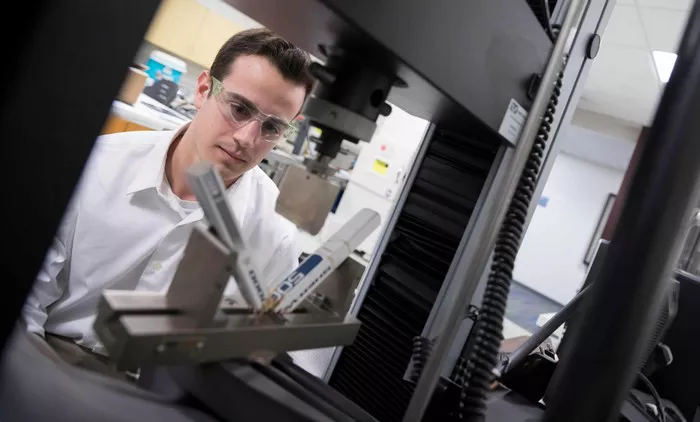The global tire building machinery market is set to expand significantly, driven by technological advancements, increased demand for high-performance tires, and the growing automotive sector. By 2030, the market is projected to reach USD 887.52 million, growing at a compound annual growth rate (CAGR) of 2.3%. Key factors fueling this growth include the increasing adoption of automation in tire manufacturing, the rise of electric vehicles (EVs), and a shift toward sustainable, energy-efficient production methods.
Key Growth Drivers and Opportunities
The surge in demand for tires across passenger cars, commercial vehicles, and the aviation sector is a major driver of market expansion. Automation advancements have enhanced tire production efficiency and accuracy, reducing operational costs and human error. Furthermore, the EV revolution presents a lucrative opportunity, as electric vehicles require specialized tires with lower rolling resistance and higher durability.
Sustainability is another critical factor shaping the market. Manufacturers are investing in low-carbon, waste-reducing tire production technologies, aligning with green manufacturing guidelines and regulatory pressures. This trend is expected to create substantial opportunities for companies offering next-generation tire-building equipment.
Market Segmentation
The tire building machinery market is categorized based on product type, application, and region. Among these, the radial tire segment dominates due to its growing adoption in both passenger and commercial vehicles. Radial tires offer better durability, fuel efficiency, and performance, making them the preferred choice, especially in developing economies. This segment is projected to maintain its leadership throughout the forecast period.
Competitive Landscape: Key Players Driving Innovation
The global tire building machinery market is highly competitive, with several leading players investing in automation, AI, IoT, and sustainable technologies.
Harbour Group: A key industry player, Harbour Group has incorporated advanced automation to enhance manufacturing capabilities and is actively developing machinery for eco-friendly tire production.
VMI Group: The company has launched AI- and IoT-powered tire-building equipment for real-time monitoring and optimization, expanding into emerging markets to meet rising demand.
Mitsubishi Heavy Industries (MHI): Known for its energy-efficient tire-building machinery, MHI has recently partnered with a major tire manufacturer to supply equipment for EV tire production.
Larsen & Toubro (L&T): Specializing in custom-built machinery, L&T has introduced precision-engineered equipment that minimizes material waste and boosts production efficiency.
Bartell Machinery Systems: With a strong focus on innovation, Bartell has developed new machinery for next-generation tires and is expanding its global footprint to cater to increasing demand.
Investments and Trends in the U.S. Market
North America, particularly the United States, is witnessing significant investment in tire manufacturing technology, driven by the Biden administration’s infrastructure initiatives and incentives for EV adoption. In 2024, several U.S. tire manufacturers announced major investments to upgrade production lines with state-of-the-art machinery capable of producing high-performance tires for electric vehicles.
Additionally, strategic partnerships between tire manufacturers and technology providers are becoming more common, fostering innovation in manufacturing efficiency and product quality. As the U.S. accelerates its transition to sustainable and EV-friendly manufacturing, the demand for advanced tire-building machinery is expected to grow further.
With automation, sustainability, and EV-driven demand shaping the industry, the tire building machinery market is on a steady trajectory toward innovation and expansion.

